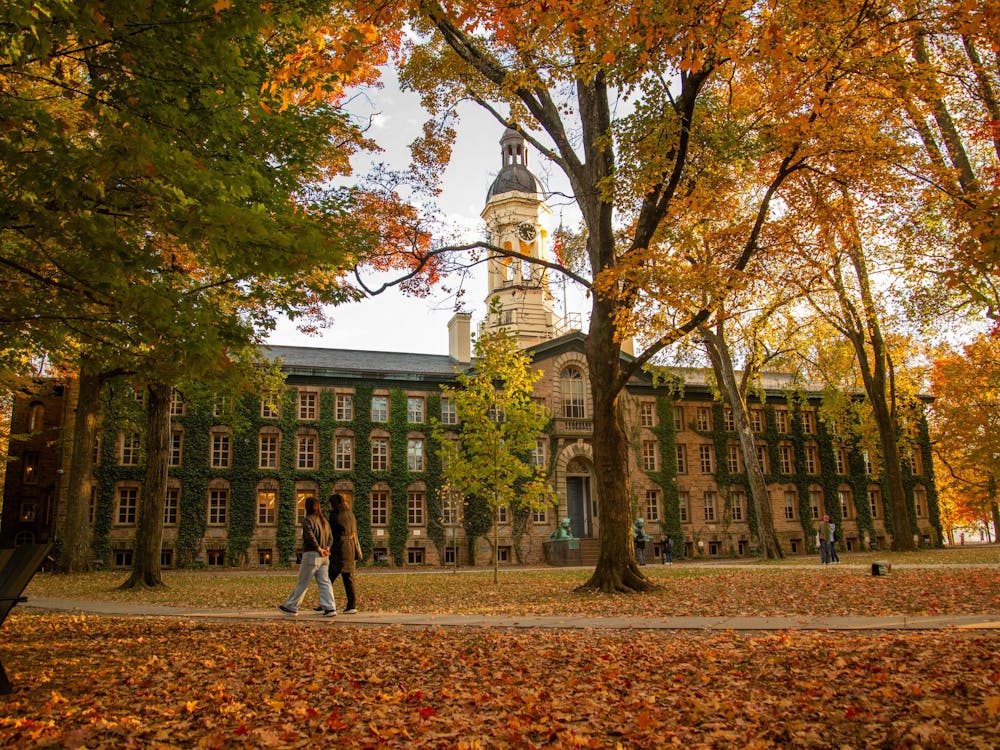As the snow clears and sunny days reenter our lives, one of the common questions on campus is "What are you doing this summer?" Most of us, infused with the spirit of productivity, usually have the answer ready. We can describe perfectly that great internship or that summer language course. As we progress from freshman to sophomore to junior summer, our answers become more focused, more related to our future jobs or academic plans.
This summer, I'll probably go to summer school to catch up with departmental requirements, but before I do, I want to reflect a little on my freshman summer. When I was asked the question (which becomes popular around late January), I would reply that I was going to Africa. I didn't know where exactly, when exactly and what exactly I was going to do there. All I knew was that this was a dream I wanted to live out and that there was never going to be a better time. Around March, I applied to a program called World Teach, was accepted and received a grant for Summer Service. I was going to go to Namibia, work in a small village near the Angolan border and teach cute little children English and computer skills. I was thrilled and excited — and I didn't know for what exactly.
In early June, I landed at Windhoek Airport. My first memory is of searching for the runway from my airplane window and not being able to see it. My second memory is of finding myself in that much-dreamed about village minus hot water and electricity, in the home of strangers who did not smile at me when I entered their house. That was followed by an incredible loneliness. For those first two days, there was no way of contacting my friends, my family and all that represented home and safety to me. Finally, an incredible bout of introspection took over me — what was I doing here? Was home not good enough? Who were these people? Was I going to help them or were they going to help me?
I started teaching at the village school and discovered that the cute little children in picture books were actually girls dealing with pregnancy and boys in their 20s struggling not only to feed their families but also to read a book. My work involved trying to teach 470 students on five computers. I went home each day wondering what use there was in teaching someone how to use a mouse. My throat would ache from screaming, and for the first time, I had to struggle to communicate. I spoke English at them. They spoke Oshiwambo to each other. Our common vocabulary consisted of a smile. On the weekends, my friends and I shared our mutual woes while walking through the endless bush.
By the end of my time at Ondobe Secondary School in Ohangwena, Namibia, however, I could list the following achievements. The brightest kids had moved from being able to use a mouse to being able to read the newspaper in Oshiwambo and in English. The rest knew how to use a mouse, play Tetris and, when aided by their friends, search through an offline version of Wikipedia. Our communication problems had decreased significantly, and I now had a personal relationship with the images in postcards and picture books. But what is really unforgettable was the new self that I had discovered. The whining, frustration and anger had turned into a peculiar sense of independence and self-sufficiency. When I left the village, I was able to sincerely hug goodbye the strangers who had not smiled at me that first day.
I am not proposing that each freshman betake himself or herself to what seems like the middle of nowhere. I am, however, suggesting that before Princeton and its pressures completely immerse the Class of 2009, they take this special summer to step away momentarily to a different and unfamiliar world. A world that they may have dreamed of when they were five — one that still haunts their wildest, most irrational thoughts. This is the world which is waiting for them to change it, even if in the smallest possible way. It's a world that holds keys to parts within them that may otherwise remain unopened. It's the one world that promises never to disappoint. Maryam W. Khan is a sophomore from Lahore, Pakistan. She can be reached at mwkhan@princeton.edu.







